
On Paleo Diets
As most of you guys know by now, I’m not too hot on ‘paleo‘ – paleolitic, or ‘caveman’ – diets. A lot of people ask me why and I always give them a loooong reply. That’s why I’m writing this post: to answer the question in one place. Here are my thoughts on paleo diets; here’s why I’m not a fan:
a) Paleo diet narratives are overly ideological
b) They romanticize and misrepresent the past by painting ‘the caveman’ as the epitome of health while at the same time completely disregarding geographical disparities amongst our ancestors and their dietary habits
c) They’re scaremongering by representing a number of foods that have for millennia been OK for our ancestors to consume as de facto noxious to our health (e.g. all dairy, all grains, and all legumes)
d) They don’t espouse flexibility and moderation which are key to healthy and balanced eating (so you have people who, with or without realizing it, suddenly end up eating a very high fat and high sugar diet – by consuming things like ‘paleo’ bars, cakes, and the granolas out there that feature nothing but nuts and simple sugars in the form of honey and/or excessive amounts of dried fruit).
My biggest issue though is the fact that:
e) Paleo diets don’t promote genuine education: they are instead based on very simple (and simplistic) set of rules: eat X in plenty, avoid Y like the plague ‘because the ‘paleolithic man’ didn’t eat Y’ and Y will do you harm.
No mention of the fact that ‘paleolithic man’ didn’t eat Y because Y wasn’t around at that point in time. Or that ‘paleolithic man’ may have died at 40. Or that there really was NO particular ‘paleolithic man’ to base our diets off of. How could there be? When people were spread over all kinds of territories and climates, all of which yielded different kinds of crops? (this goes back to b) above).
What we need is education, first and foremost, real education. Not just a set of simplistic rules that revolve around an imaginary caveman.
What kind of education? Well, let’s talk about dairy. Paleo dieters avoid dairy. They see it like as an agent of inflammation and a source of disease. Before vilifying dairy though – because paleo diet writers or marketers tell you to – I think we need to really look into the dairy industry. We need to learn about what kinds of dairy options we have available to us. We need to learn the difference between them and understand how OUR individual bodies react to dairy.
If you do this, chances are you will gain new valuable knowledge: you’ll learn about the prevalence of hormones in some of our dairy supply. You’ll find out whether you should or shouldn’t bother buying grass-fed dairy (quick answer: in most cases, yes). You’ll learn how to read labels and avoid certain types of dairy BECAUSE of where they come from – not because of what they are (or at least, can be). You’ll come to really learn whether your body performs best with or without dairy; whether your body can tolerate it, whether you function and feel best with or without it. You can do the same thing with grains (gluten-free or not), corn, and beans. If you learn about their origin prior to buying them (opting thus for GMO-free products), feel fine consuming them, you enjoy eating them, and they form part of your and your family’s healthy diet, why the rats should you shun them? Stand there at parties being all “oh no, I’m ‘paleo'” while everyone else is having a salad that happens to feature some corn, white potatoes, and kidney beans?
What we need is to learn about the way in which foods – all foods – impact our bodies, both in general and in particular. That’s the only way we are able to make informed decisions about what we want and don’t want to eat; decisions that fit our lifestyles and our physiological responses, medical conditions, dietary proclivities, and personal histories.
A blanket set of rules and ‘truths’ (particularly when manufactured for marketing purposes) does NOT fit all.
My final issue (or should I say ‘beef’? har har) with paleo diets is one that doesn’t get a lot of airtime amongst ‘paleo-skeptics’ for some reason but it’s one that I’m a fervent believer in:
f) The fact that we can’t all afford to be elitist and only eat meat products and organic veggies on the daily. We just can’t. It’s an issue of sustainability. Our world and our environment can’t sustain the burden of growing only premium fruit and vegetables and feeding the world only grass-fed yadiyadiyas. We don’t have the land and the water to all be able to do that! So why act as if we do?
This is actually part of the reason why I got into cooking with protein powders: because most protein powders are a byproduct of the manufacture of other foods. E.g. whey is a byproduct of the manufacture of cheese and hemp protein is a byproduct of the manufacture of hemp oil. The cultivation of peas doesn’t place a huge environmental strain (beef does, but that’s why I don’t buy beef protein powder! I don’t see the point). I like the idea of getting some – emphasis on SOME – of my protein intake from these powders as opposed to solely relying on fresh meats, fish, and dairy for protein. I like the fact that most protein powders are made out of waste material that is getting recycled back into our food chain, in a perfectly good and nutrition-packed form (obviously some protein powders are better than others from a quality and nutritional point of view, but hey, that’s a topic for another article!)
So…. yeah. That’s my quick summary of why I think paleo diets aren’t a magical solution to our dietary woes. Paleo diets are just a VERY facile way of understanding diet and nutrition. But we’re not kids, you know? We don’t need simplistic answers and magical ways of explaining complicated questions. What we need is education and a better-honed understanding of our general (and individual) responses to particular foods. What we need are the tools to be able to make our own decisions without resorting to restrictive ideologies.
This all being said, I think that paleo diets’ popularity has plateaued and is actually decreasing. This is probably due to the fact that more and more people are realizing that the paleo diets aren’t sustainable. They’re not sustainable on an individual basis and they’re not sustainable for our environment.
So go ahead and have a corn tortilla. Fill it with a ton of veggies, cheese if you want, and add some delicious (low-fat, ideally) refried beans to it. Have a handful of popcorn. Love Greek yogurt? Have a pot of it! Enjoy it with fresh fruit and whatever other goodies you like mixing into it. Eat oats (gluten-free or not) if you love them and your body performs well when you do – they’re delicious, high in fiber, nutrition-packed, and wonderful to cook with! Like (white) potatoes? Go bake one and fill it up with chicken, veggies, tuna. Have some potato skins with sour cream and chicken. Enjoy your quinoa with your veggies and eat some lentils and peas if you like them.
There are no paleo Gods to stop you.
2 Replies to “On Paleo Diets”
You must be logged in to post a comment.


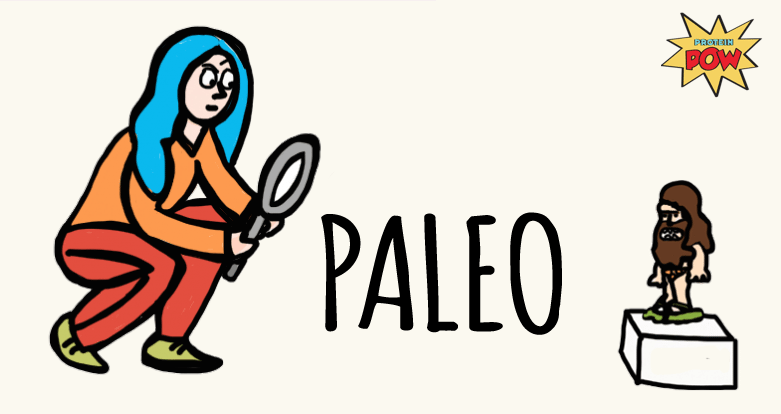
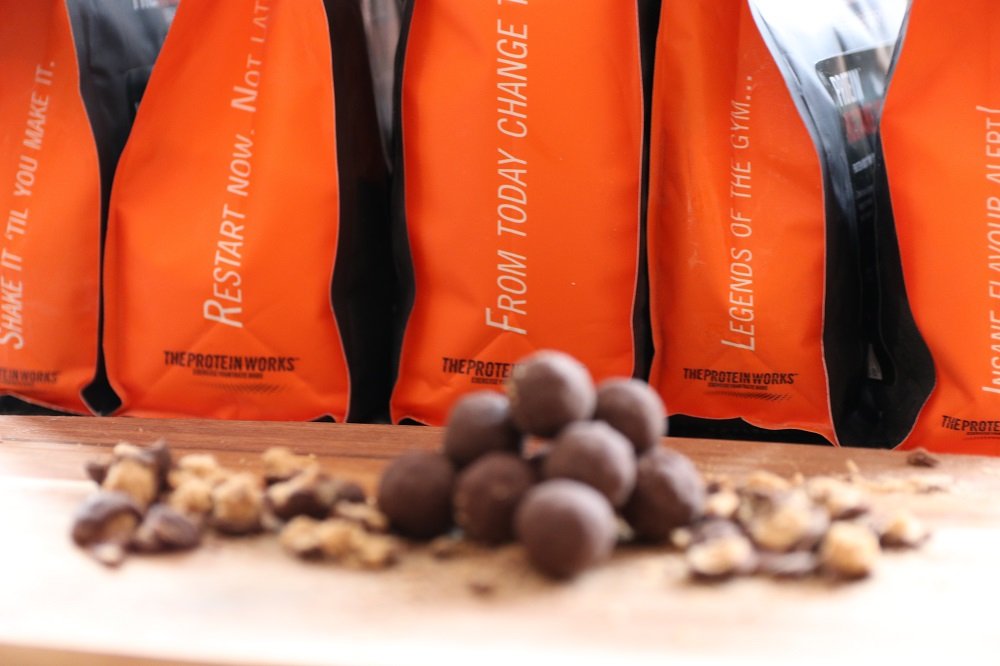
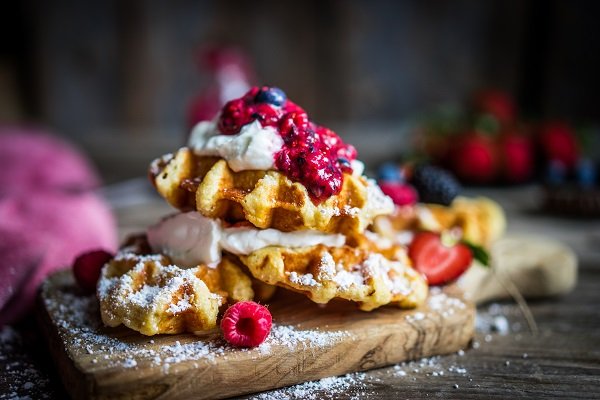
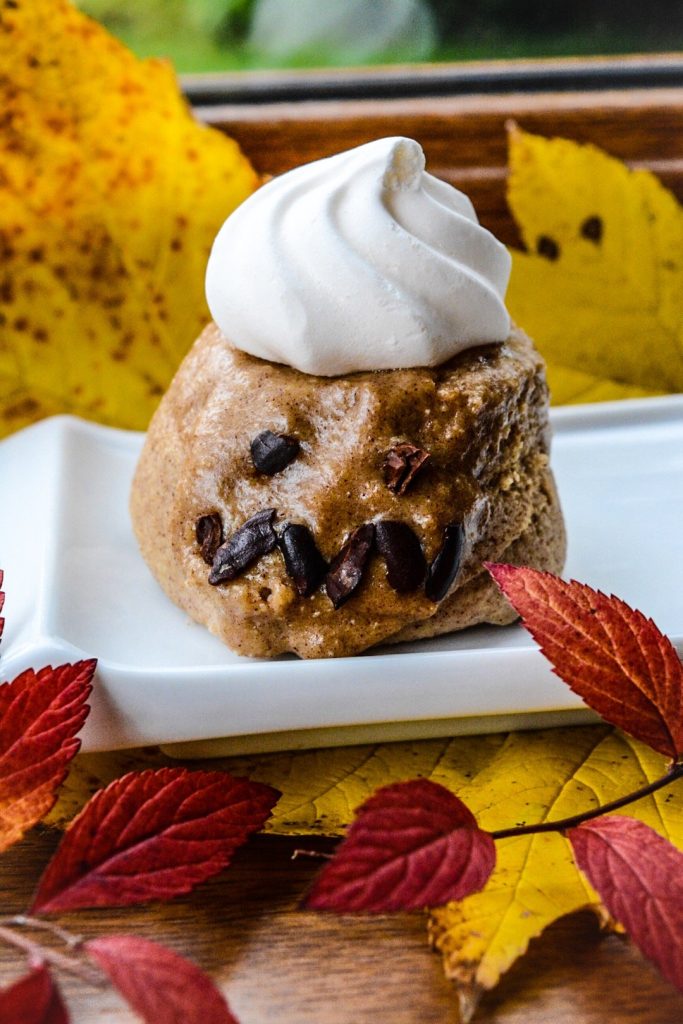
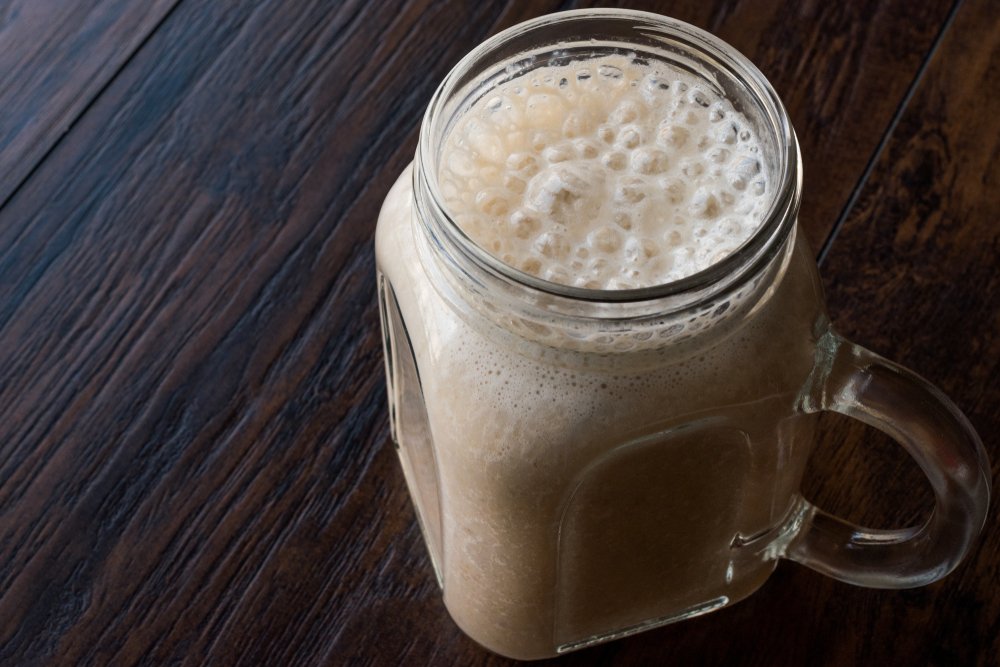
I feel you may be a bit hard on the paleo group. Paleo zealots fit the description you list, but many paleo lovers are both very interested in the hard, objective science of nutrition, and are far more reasonable about non-paleo foods being perfectly healthy.
But if one isn’t a paleo zealot, like you say, why use the title of paleo at all? Surely there are better labels to attach to one’s diet (if any at all)?